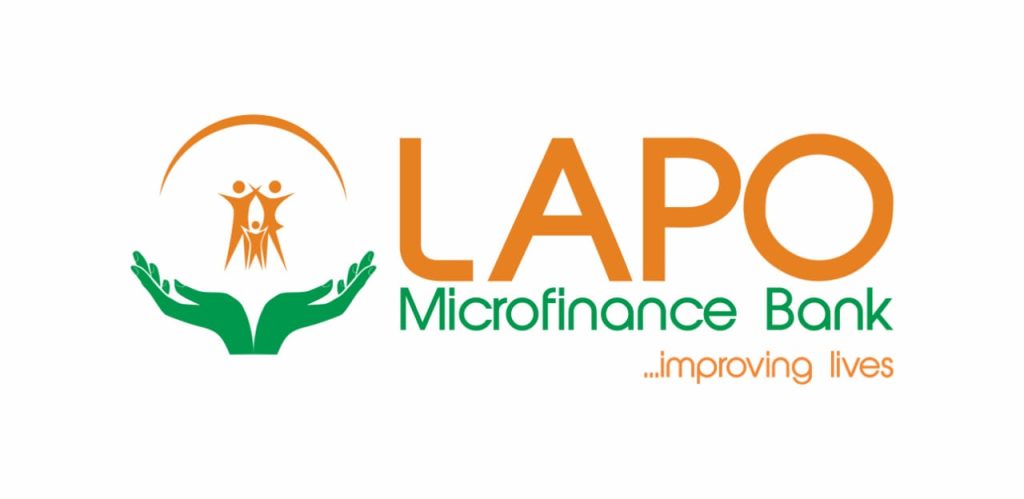LAPO Microfinance Bank’s recent WASH Market Research Survey reveals a stark reality: a significant majority of Nigerian households lack access to affordable financing for essential water, sanitation, and hygiene (WASH) infrastructure. This deficiency poses a substantial challenge to public health, economic development, and overall societal well-being. The survey, conducted across six diverse states representing Nigeria’s geopolitical zones (Anambra, Edo, Kano, Lagos, Nasarawa, and Taraba), paints a concerning picture of unmet needs and underscores the urgent necessity for targeted interventions. The research involved 1,500 households and 600 WASH-sector Small and Medium-Sized Enterprises (SMEs), offering a comprehensive perspective on both consumer demand and the potential role of small businesses in bridging the WASH gap.
The survey findings highlight a critical disconnect between the need for improved WASH facilities and the availability of appropriate financing. A staggering 78% of surveyed households require improved toilet facilities, 65% lack access to clean water, and 52% lack adequate hygiene infrastructure. This widespread deficiency has profound implications for public health, particularly in vulnerable communities. The lack of access to basic sanitation contributes to the spread of preventable diseases, while limited access to clean water hinders hygiene practices and increases the risk of waterborne illnesses. The survey underscores the urgent need for innovative financing solutions to address these critical gaps and improve the quality of life for millions of Nigerians.
The research also reveals significant regional disparities in WASH access. States like Kano, Taraba, and Nasarawa face particularly acute challenges, with only 35% to 61% of households having access to clean water and open defecation rates exceeding 43%. These disparities highlight the need for targeted interventions that address the specific challenges faced by different regions. Factors such as geographic location, infrastructure development, and cultural practices influence access to WASH services and must be considered in designing effective solutions. A one-size-fits-all approach will be insufficient to address the complex and varied needs across the country.
The survey further explores the preferences of households regarding WASH financing. Most households express a preference for smaller loans, typically below ₦500,000, with affordable interest rates (12-15% annually) and flexible repayment terms (12-24 months). This finding indicates a potential market for microfinance products tailored specifically to WASH improvements. Traditional lending models often fail to reach low-income households due to stringent requirements and high interest rates. By offering accessible and affordable financing options, microfinance institutions like LAPO can empower households to invest in essential WASH infrastructure and improve their living conditions.
A crucial barrier to accessing WASH financing, however, is a lack of awareness. A significant 60% of survey respondents were unaware of the existence of WASH-specific loans. This highlights the critical need for increased public awareness campaigns and targeted outreach programs to educate households about available financing options. Collaboration among financial institutions, government agencies, and community organizations will be crucial in disseminating information and promoting the uptake of WASH loans. Furthermore, financial literacy training can empower individuals to make informed decisions about borrowing and managing their finances effectively.
In response to the survey’s findings, LAPO MfB has announced plans to pilot targeted household loans ranging from ₦100,000 to ₦200,000 in high-need states such as Taraba and Nasarawa. This initiative represents a proactive step towards addressing the identified financing gap and improving WASH access in underserved communities. The bank also intends to expand SME financing within the WASH sector using group-based lending models and strengthen outreach through partnerships with cooperatives, market unions, and religious institutions. These strategies leverage existing social networks and community structures to reach a wider audience and promote financial inclusion. The partnership with Water.org further strengthens LAPO MfB’s commitment to sustainable finance and demonstrates the potential of collaborative efforts to achieve positive social impact. By combining financial expertise with on-the-ground knowledge, these partnerships can effectively address the complex challenges related to WASH financing.
The findings of LAPO Microfinance Bank’s WASH Market Research Survey provide valuable insights into the challenges and opportunities related to improving WASH access in Nigeria. The survey highlights the significant unmet needs, particularly in rural and underserved communities, and emphasizes the importance of targeted interventions and innovative financing solutions. By addressing the identified gaps, fostering public awareness, and empowering households and SMEs through access to affordable financing, LAPO MfB and its partners are contributing to a healthier, more prosperous future for Nigeria. The ongoing dialogue among stakeholders from government, civil society, and the development finance sector is crucial for scaling impact, leveraging digital financial solutions, and improving data collection for WASH financing. These collaborative efforts hold the key to unlocking the full potential of the WASH sector and ensuring universal access to clean water, sanitation, and hygiene for all Nigerians.


